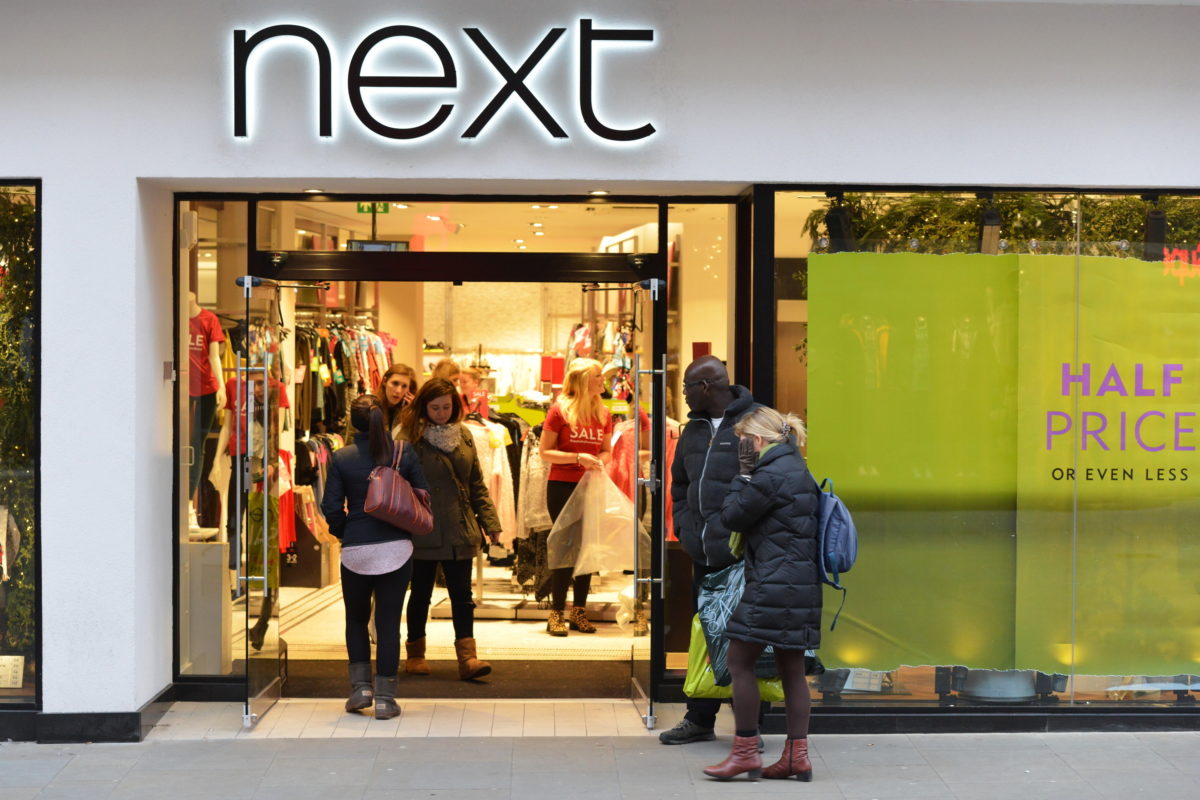| Master Investor Magazine
Never miss an issue of Master Investor Magazine – sign-up now for free! |
Robert Stephens discusses why Next could become an increasingly dominant player in an online-focused retail environment.
Last week’s half-year results from Next (LON:NXT) highlighted the challenges currently faced by the retail sector. Although the business met its previous guidance for the period, sales growth of 3.7% and a rise in pre-tax profit of 2.7% show that operating conditions remain challenging.
The company, though, is aiming to turn a difficult outlook for the wider sector into an opportunity to grow. It is seeking to rejuvenate its financial performance through an online shopping platform, while utilising its store estate to provide added convenience for consumers in an increasingly online-focused world.
Additionally, Next is increasing its international focus at the same time as it is aiming to reduce costs. This could produce an improving financial performance that translates into a rising share price.
A changing retail environment
The outlook for bricks-and-mortar retailers could remain downbeat over the medium term. Online shopping provides a level of convenience, speed and cost that physical stores are likely to struggle to overcome.
This has led to the percentage of total retail sales in the UK that are conducted online rising from 5.9% in 2009 to 18.2% today. This proportion is likely to rise as investment in supply chains increases across the retail sector.
Online opportunity
Next is seeking to not only compete with pure-play online retailers, but provide an additional level of convenience for its customers. It is gradually building sales on its online LABEL platform, which sells Next’s products as well as those of its competitors. LABEL is essentially aiming to become the first-choice online destination for consumers who are seeking a range of clothing and homeware items from a variety of brands.
LABEL is forecast to deliver annualised sales growth of almost 15% in the next five years, which should mitigate the impact of declining in-store sales for Next’s wider business. Further, the platform provides greater scope for international sales that could reduce its reliance on the UK economy.
In-store potential
The company is aiming to capitalise on its existing store network in order to differentiate itself versus online-only peers. Since half of its online orders are collected in store, and 80% of its returns are undertaken in-store, Next’s store network is likely to remain a valuable part of its business.
The company expects to renegotiate rents downwards over the long run. For instance, in the last financial year it recorded a rent reduction of 29% on renewed leases. This suggests that the cost of its store network versus its benefit is likely to improve, which may differentiate its offering versus online-only peers and boost its competitive advantage.
| Master Investor Magazine
Never miss an issue of Master Investor Magazine – sign-up now for free! |
Investment potential
In the short run, Next’s evolving business model may mean that its sales and earnings growth potential are limited. In the current financial year, for instance, it is forecast to record a rise in sales of 3.6%, while its earnings per share is expected to increase by 5.2%.
However, with its shares having a price-earnings ratio of 13.6 and its growth strategy suggesting that it will mould its business model to meet a changing retail environment, the stock could offer investment appeal.
With a history of successfully adapting to constant change in how consumers buy clothing and other items, Next could emerge as a dominant player in an increasingly omnichannel retail environment.



